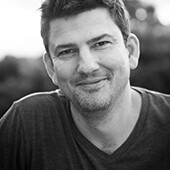What does it mean to live well? Robert Goodin and Lina Eriksson discover that income figures don’t tell the whole story. Missing from this picture is the degree of control an individual has over how her time is spent.
Certainly these numbers strike us immediately as indicative of low well being. But, as we are informed by Robert Goodin and Lina Eriksson, income figures don’t tell the whole story. Missing from this picture is the degree of control an individual has over how her time is spent.





